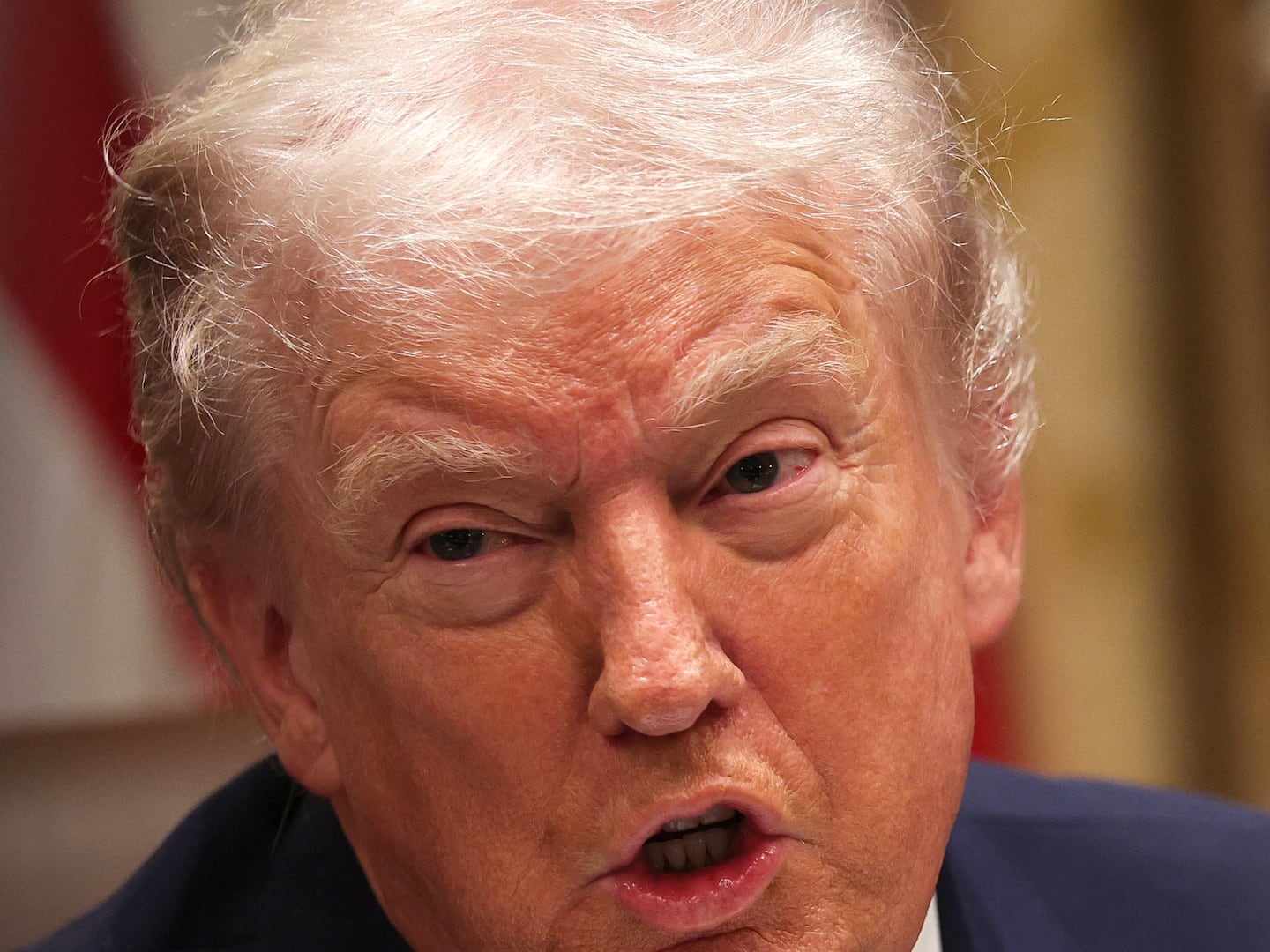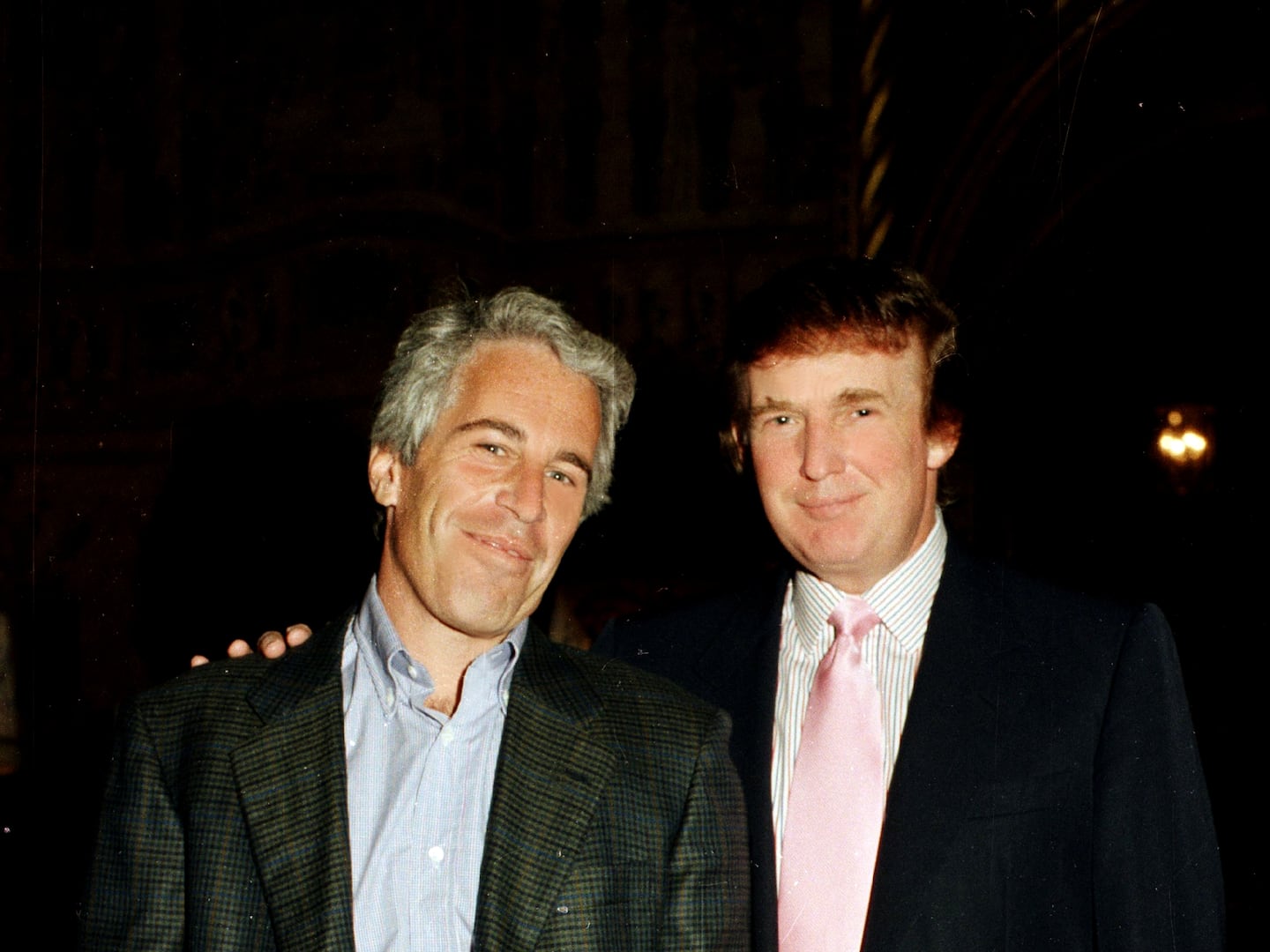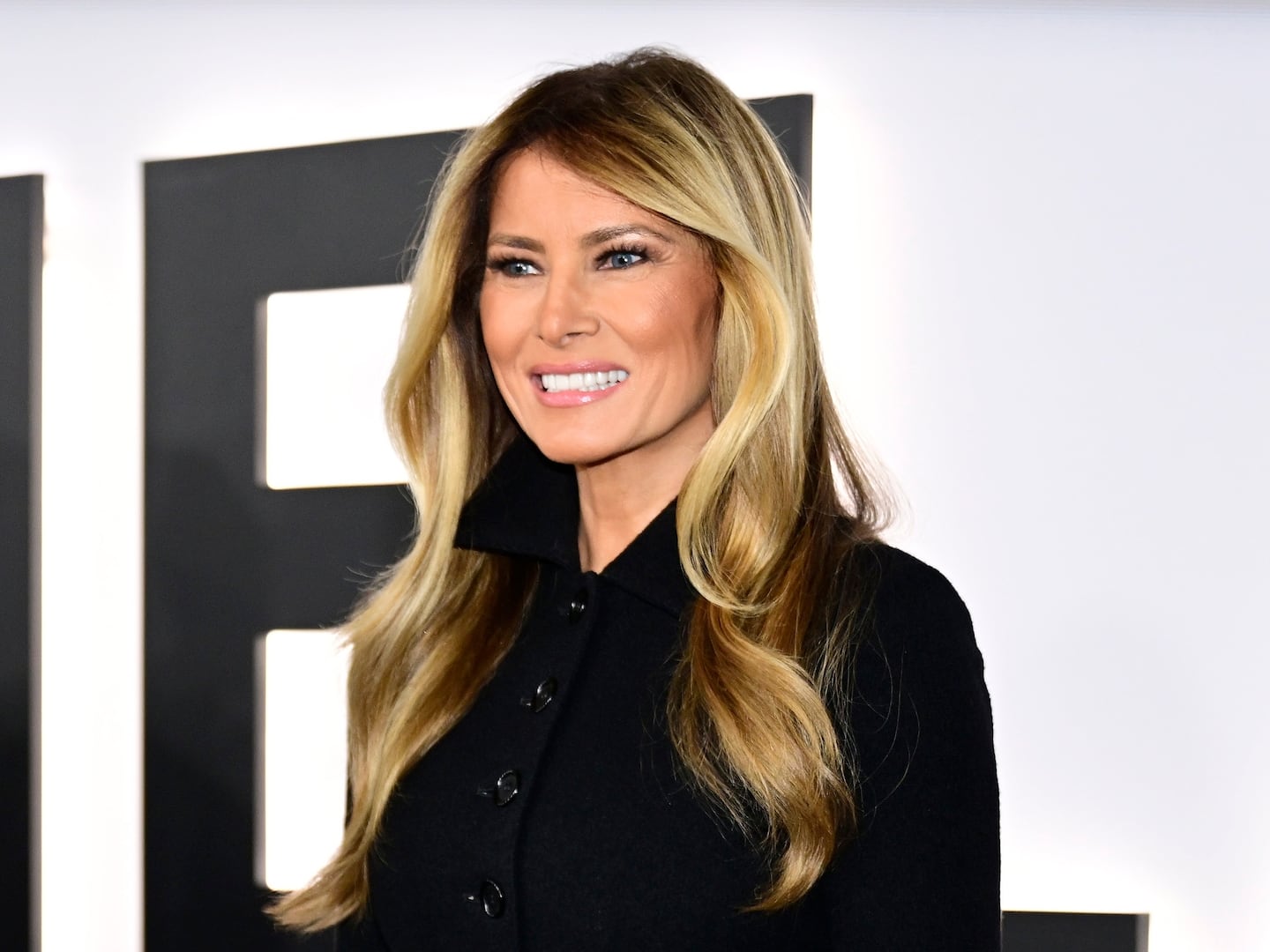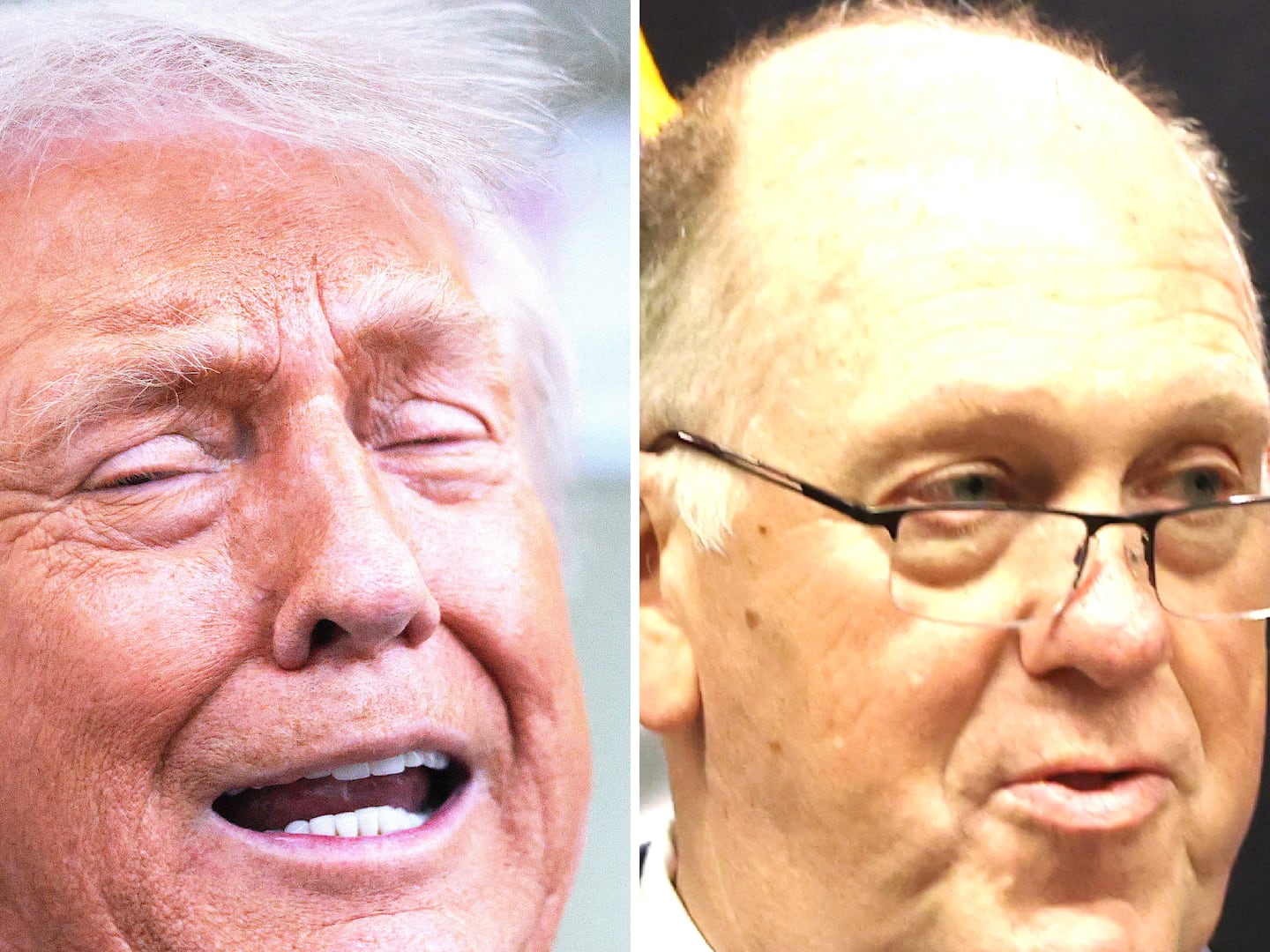This should be the heyday of the National Rifle Association. As its members gather at the legendary gun group’s annual conference in St. Louis, the state of gun rights has never been better. Four years ago, the U.S. Supreme Court finally adopted the NRA’s view of the Second Amendment, holding for the very first time that the Constitution guarantees individuals the right to have guns for personal protection. State legislatures have been hard at work loosening America’s gun laws, such that the question is no longer whether we’ll ban assault rifles but whether we’ll allow people to carry them into churches, bars, and schools. Even President Obama, a Democrat who might be expected to push for stricter gun laws, has shown little inclination to take on the gun lobby.
With presumptive Republican presidential nominee Mitt Romney having gone to St. Louis to kiss the ring, one might expect this to be a joyous time for the NRA. Yet, in many ways, the NRA is struggling to maintain its dominance in the gun-rights community.
The most recent controversy erupted in the wake of the Trayvon Martin tragedy. Florida’s Stand Your Ground law was first proposed by the NRA, which sponsored the legislation and similar laws in numerous other states. Even traditional allies of the NRA are now raising doubts about these laws and the apparent stamp of approval they give to vigilantism.
The NRA’s problems, however, go much deeper. Travelling around the country talking about Gunfight, my recent book on the history of gun laws in America, I was surprised by how many gun owners expressed profound dissatisfaction with the NRA. While gun owners respect all the NRA has done over the years, many feel let down by the leadership and direction of the organization.
For some, the disappointment stems from the failure of the NRA to support the lawsuit that led to the landmark Supreme Court decision on the Second Amendment. The case, District of Columbia v. Heller, was brought by a trio of libertarian lawyers with no formal ties to the gun-rights group. Rather than helping the lawyers, who were challenging Washington, D.C.’s ban on handguns, the NRA did everything it could to stop the case. First it tried to convince the libertarian lawyers to drop their suit, saying it was too risky. When that didn’t work, the NRA tried to take over the litigation and decouple it from the Second Amendment issues. Then, after the lawyers won a big victory in the lower court, the NRA pushed its allies on Capitol Hill to propose a law that would overturn D.C.'s handgun ban and moot the lawsuit.

The NRA’s efforts might have been successful had it not been for the Virginia Tech massacre, five years ago this Monday. The awful incident, in which a mentally ill student killed 32 students and wounded 25 others, made passage of a law expanding access to guns unpalatable, even for lawmakers beholden to the NRA.
The NRA explained its position by saying it didn’t want to risk losing at the Supreme Court. But gun owners told me they thought the NRA was really afraid of winning. The NRA, they said, thrives on crisis-driven fundraising appeals that warn about government coming to take away all your guns. What would happen to this fundraising machine if the Supreme Court said the Constitution prevented government from ever doing that? To many gun owners, the NRA seemed more interested in its own finances than in protecting those gun owners’ rights.
The NRA is also being pulled in different directions by competing constituencies within the gun community.
One side believes the NRA has jumped the shark with its dire warnings and bizarre conspiracy theories. After the Supreme Court sided with gun rights in the Heller case, the NRA acted as if it never happened. In the summer of 2008, just after the decision was handed down, the organization made a full-court press against Obama in his run for the presidency. He had a “10-Point Plan to ‘Change’ the Second Amendment” and, if elected, would “ban [the] use of firearms for home self-defense,” “ban the manufacture, sale, and possession of handguns,” and “mandate a government-issued license to purchase a firearm.” Of course he did no such thing and couldn’t have done so even if he wanted to.
For others, the problem is that the NRA is too soft. While it may be hard to believe, to the budding second tier of gun-rights groups—like Gun Owners of America, whose motto is “the only no-compromise gun lobby in Washington”—the NRA is all too willing to sacrifice gun owners’ rights to maintain its political influence. They cite the NRA’s support of John McCain for president even after the organization had given him a grade of “C” on gun issues. Many people would view the NRA’s consistent pattern of supporting incumbents over even stronger gun-rights candidates as smart politics. But to many gun enthusiasts, pragmatism is just an excuse for selling out our rights.
Then there are the younger gun owners who gained their love of firearms from gaming instead of hunting, and who grew up in a nation with steadily decreasing rates of violent crime. To them, the NRA is just a bunch of gray beards fighting imaginary battles. Young gun owners didn’t live through the 1970s—when the gun-control movement really did push for civilian disarmament—and they see government efforts to take away other things people love, like drugs, to be a joke. Slow to respond to the online world and social media, the NRA doesn’t broaden its appeal with spokesmen like former rocker Ted Nugent. As the under-40 reader might say, “Ted who?”
Of course, the NRA remains one of the most powerful lobbying groups in Washington. With its huge budget and millions-strong membership list, it isn’t about to disappear. Nevertheless, at a time when support for gun rights is at an all-time high, the NRA is facing unexpected hostility from within. Whether the leadership has the vision and good sense to see a way through the storm—or whether some upstart gun group is going to steal away its influence—is the real question that faces the nation’s leading gun rights group as it meets this weekend in St. Louis.






